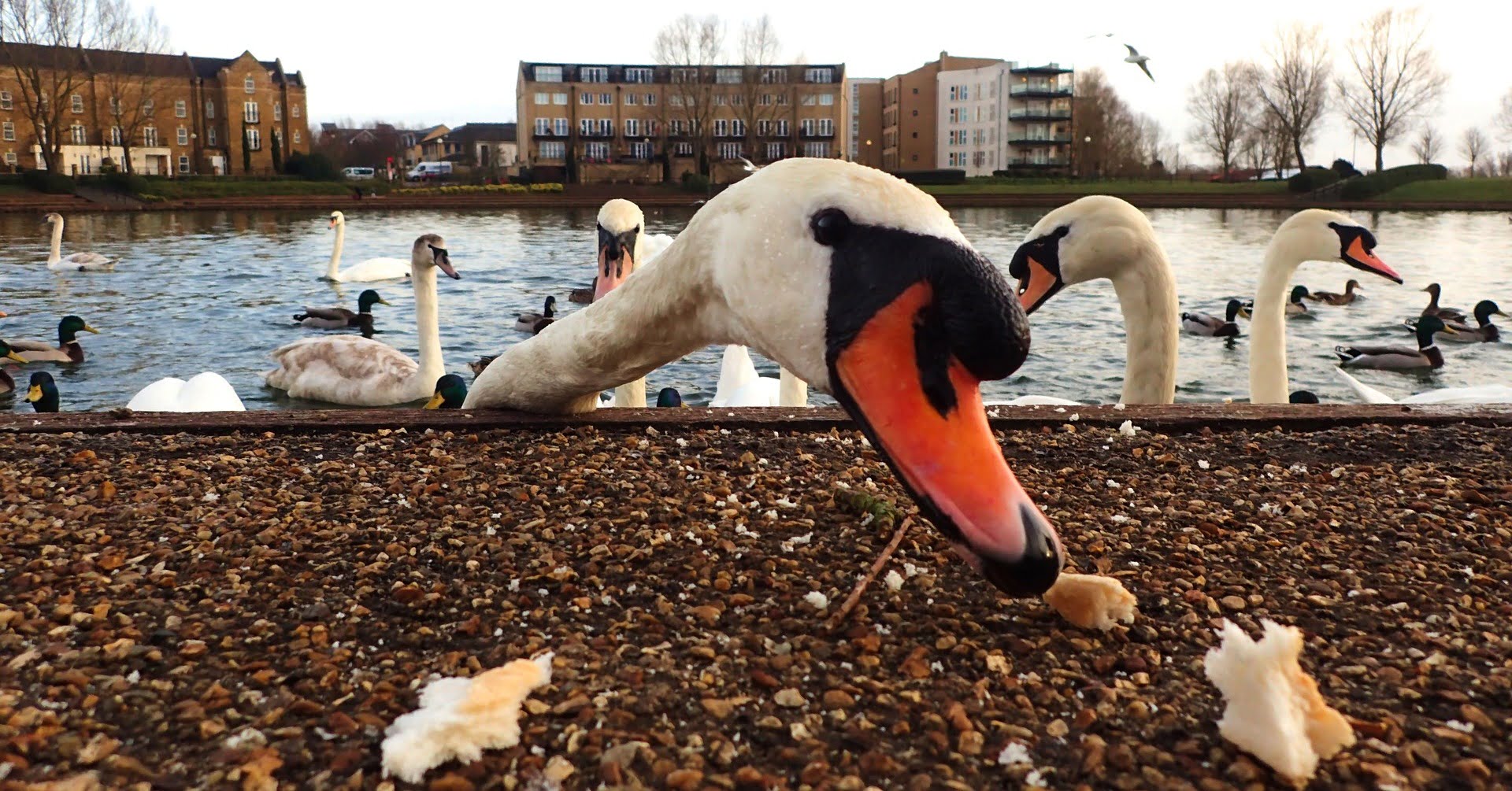If people want to feed wild birds living in the city - pigeons, sparrows, ducks, seagulls - then most often they throw bread to them. But there is a widespread belief that bread is harmful for birds. We decided to find out if this is true.
Feeding birds bread is unacceptable write on the web. Some media indicate that bread is literally kills thousands of birds. Ducks, pigeons and sparrows promise indigestion, joint diseases, obesity or, conversely, malnutrition - and all because of a disservice on the part of man.
Apparently, the rumor about the dangers of bread for birds came from Great Britain. It all started with a report from the Royal Society for the Protection of Birds in 2008. Anyway, about that speaks member of the Ural Ornithological Society Nina Sadykova, explaining where the belief about the dangers of bread came from. “You need to understand that Great Britain is a country of victorious birdwatching, where almost all residents are bird lovers and connoisseurs. The scale of feeding wild birds there is not comparable with Russia, and the industry is very developed, providing bird lovers with everything necessary to attract and observe birds, including the “correct” mixtures for complementary feeding,” she said in interview Ural media.
In 2008, the Royal Society indeed asked Do not feed birds bread because it is unhealthy food. But already in the next year, 2009, on the society’s website appeared a guide on what food from the human diet can still be fed to birds. Bread is included in this list.
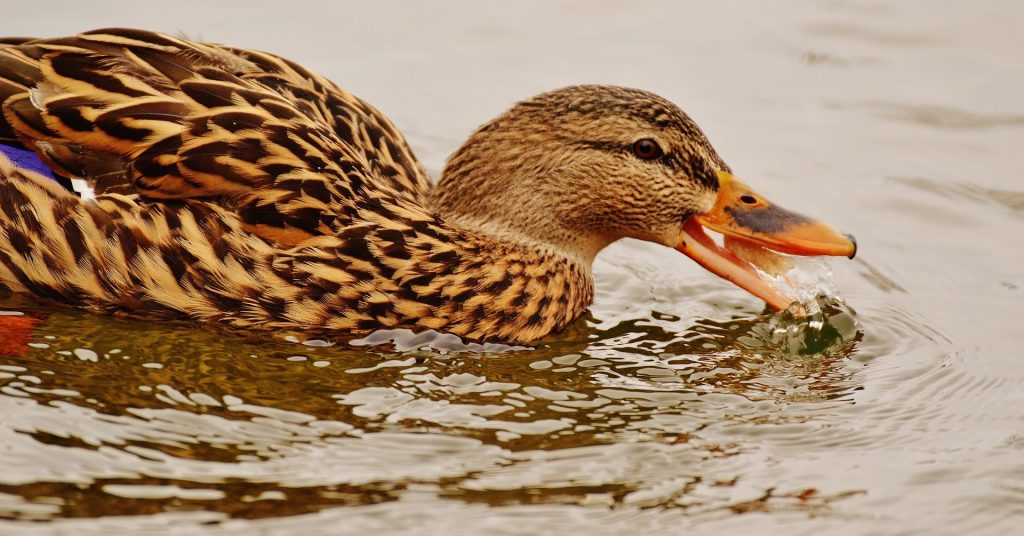
“Birds can digest all types of bread, but ideally it should be just one component of a varied diet. Bread does not contain the proteins and fats that birds need, so it can end up as an empty stomach filler. Although bread is not harmful to birds, try not to feed it in large quantities as its nutritional value is relatively low." explained specialists.
Other ornithologists confirm: bread is not the healthiest food for birds (or, by the way, for people), but they digest it well. Health problems can begin when birds - such as city ducks - get used to frequent visits from people and stop getting food themselves, relying entirely on donated bread.
In 2010, the Daily Mail tabloid released A detailed account of an outrageous incident: a Sussex park ranger scolded the mother of two boys for feeding the ducks bread. “What could be more rewarding than taking the kids to the pond to feed the ducks? It seems you can’t do this anymore without being taught about life,” the heroine of the text was indignant. History picked up and other journalists.
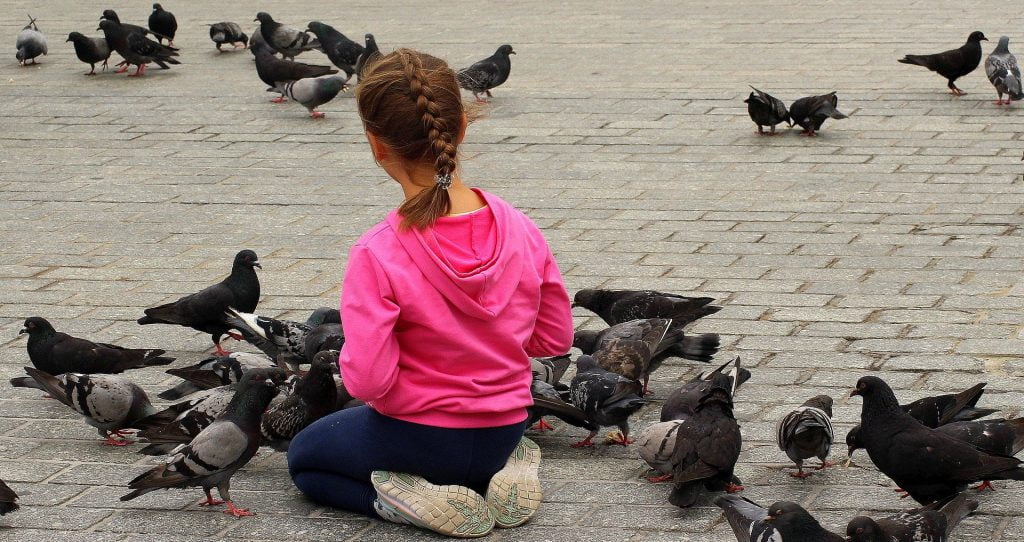
The myth about the dangers of bread led to the fact that in 2019, in the park of one of the cities of the English Derbyshire appeared a mysterious appeal on behalf of the ducks: “They stopped feeding us because they think that bread will harm us, and now we are dying of hunger without your bread!” In the “land of victorious birdwatching,” a photo of the sign went viral, about the poster and the scandal around it wrote major media.
In scientific work A study conducted by the Edward Gray Institute of Ornithology (part of the University of Oxford) in the late 1980s studied the differences between urban and rural swans. It turned out that urban swans have weaker muscles than those living in nature, without close contact with humans. The researcher explained this by the fact that urban birds eat a lot of bread, but it does not contain enough protein. However, in 2019, the British public organization for the protection of swans, Swan Support, launched a campaign to feed the birds bread. Bird Defenders toldthat people, having heard about the dangers of bread, stopped feeding the birds altogether, and the swans are literally dying of hunger without support.
And people are ready to feed birds with bread - this is the most affordable and convenient option. In 2016, veterinarians studiedHow Amsterdam residents feed birds. It turned out that 68% of the total food offered was bread, another 29% was the remains of other human food. Not a single person that the scientists met offered the birds special food in its pure form.
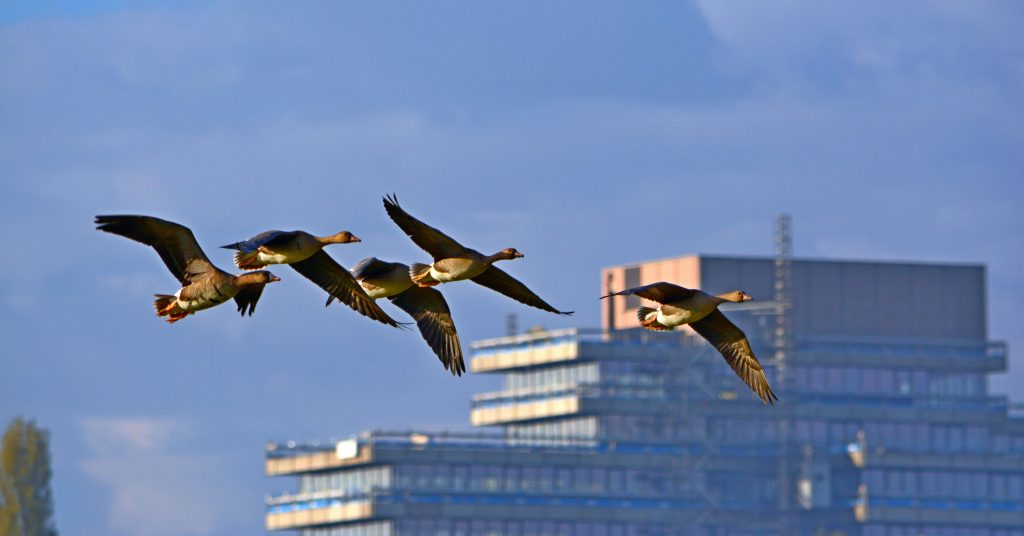
Here and now, feeding on bread is certainly beneficial for a particular bird, the study says. But such a diet also has disadvantages. “The nutritional value of the proposed food does not meet the needs of wild bird species and can lead to malnutrition if consumed without natural food,” the scientists confirmed. They also noted that people often scatter as much food as the birds cannot handle. Pieces of bread remain lying on the street. “They may benefit certain bird species, but may also support rodent populations,” the paper says. The researchers added that the populations that benefit the most from bread-crushing city dwellers are pigeons and seagulls.
It may be too late to worry about birds eating human food. For example, urban gulls are so accustomed to living with people that they rely on them in search of food. According to research Center for Ecology and Species Conservation at the University of Exeter, herring gulls from urban areas of south-east England observe people and use their behavior as cues.
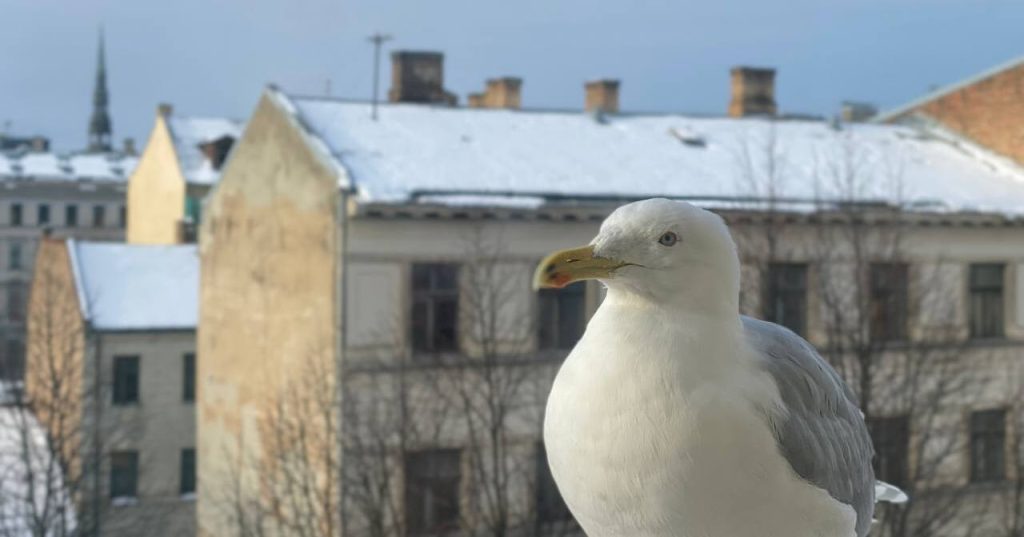
As an experiment, two inverted buckets were placed in front of the seagulls, with a treat under each of them. The experimenter removed the buckets and picked up an edible object under one of them, held it for about 20 seconds, and brought it to his face. He ignored the treat under the second bucket. Of the seagulls that decided to approach and help themselves, 79% chose the bucket with which the experimenter interacted. It turns out that the seagulls themselves prefer the food that humans ate, but this is not bird food.
So, among specialist scientists and wildlife conservationists there has never been a well-established opinion that bread is dangerous for birds. They only said that a diet consisting solely of bread was unhealthy.
Not true
If you find a spelling or grammatical error, please let us know by highlighting the error text and clicking Ctrl+Enter.


